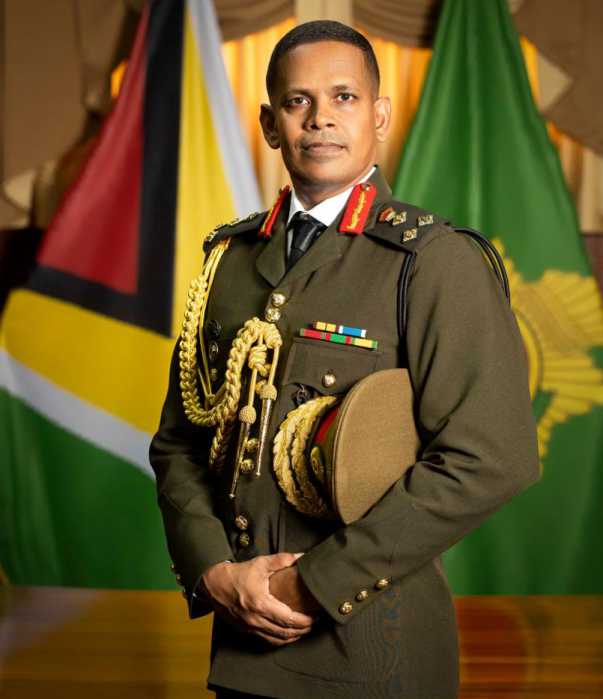Grant aid money from Britain will soon help Guyana achieve a decades old dream of paving the first part of a 350-mile jungle highway linking the city to the border with Brazil, opening new trade routes especially for landlocked Brazilian border states to the Caribbean free trade area Infrastructure Minister David Patterson said this week.
Britain will provide nearly $80M in funding to allow engineers to asphalt the current, potholed dirt road from the bauxite mining town of Linden to the jungle community of Mabura in the first phase of a plan to fully pave the 350-mile route to the south western border with Brazil. Guyana is by far the largest of the 15 members of the regional bloc of nations.
The money will come from part of a Sterling 300M package ousted British Prime Minister David Cameron had announced during a controversial 2015 visit to Jamaica where he had also denied requests from regional governments for Britain to pay billions in reparations for the brutal TransAtlantic slave trade of which it was a leading player and beneficiary.
This phase will comprise 70 miles, starting from Linden, 65 miles from the city, Patterson said Wednesday.
Work on this 70-mile first phase will begin later this year and will also include construction of a modern bridge across the western Essequibo River. Vehicles crossing the river now do so by a motorized pontoon boat but once the $10M bridge is completed, waiting time for the pontoon will be eliminated and general travel time of about 12 hours could be reduced by around two hours.
Patterson said that cabinet has decided to cut the project into up to four phases with work on the first scheduled to begin shortly.
The Linden to the timber-producing district of Mabura is easily the worst and most difficult phase of the jungle road to traverse, especially during the country’s two protracted rainy seasons.
“Cutting up the whole project into three or four phases will make it easier for us to attract international funding as we have done because the money is not that big for every phase so here we go with the first phase,” a clearly elated Patterson said.
Brazil has long been pushing for paving of the entire highway as it will give their northernmost border states a route through Guyana to the Caribbean, Central and North American including CARICOM, the Caribbean free trade area.




















